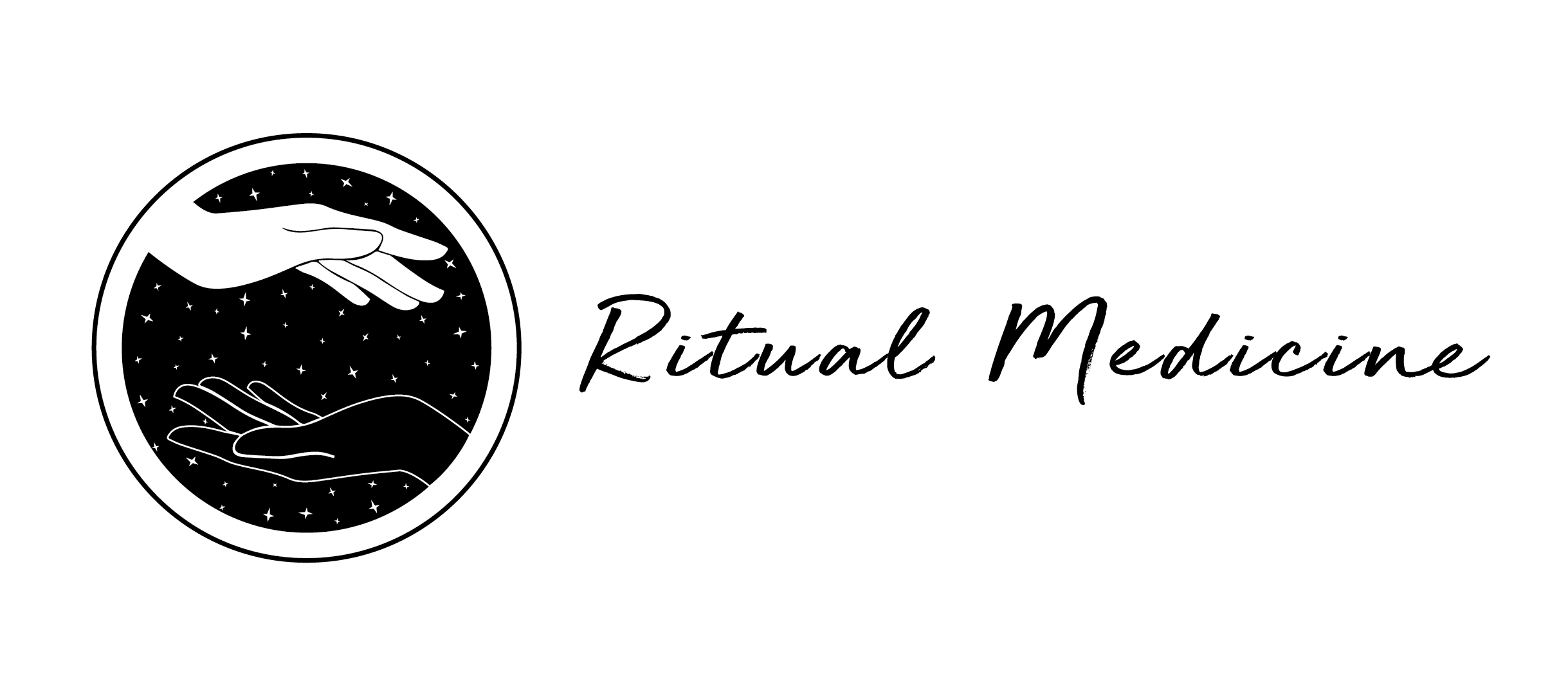A key marker for overall health
One of the key markers of a healthy menstrual cycle is ovulation, to catch yourself up on exactly what is happening during ovulation, check back to the original blog post here.
In addition to being paramount in conception, ovulation is ALSO important for the health of, your bones, cardiovascular system, and your overall endocrine (hormonal) system.
After reading the blog post ‘The ovulation phase of the menstrual cycle’ , you now know what is happening in your body, the next question is … how can you tell if you have ovulated?
How to tell if you have ovulated
There are three key markers (plus a bonus one) to help you tell if your body is ovulating, and if so, when it is.
The four markers of ovulation are :
- Basal Body Temperature or BBT / cycle charting
- Cervical fluid/mucous
- Position and firmness of cervix
- Mittelschmerz
The top three are markers, that if use correctly, are very accurate ovulation predictors.
One of the things I always educate my patients on is the importance of presence over prediction. While most often, the cycle tracking apps we have on our phones, or when we are planning ahead as to when we can expect our next period – it is usually based on past cycles and using that old data to predict what will happen and when, during this upcoming cycle.
Your whole menstrual cycle, and especially ovulation and your period, is a report card of the last few weeks, or months, of your life. There are many factors that may change the duration of one or more of the phases of your menstrual cycle, and tuning into that is more important than what date you ovulated last cycle.
Disruptors of healthy ovulation
Things that may disrupt regular cycle patterning are:
- Travelling
- Changing time zones
- Daylight savings
- Stress (this includes good stress like planning a wedding or going on vacation)
- Lack of nutrition / change in diet
- Illness
Observing ovulation during your cycle is important for understanding your body and your overall health.
It is an easy way to keep track of how your hormones, your physical and emotional body are doing.
Book your consult by calling 1 778 400 6360 or if you are not local, we can connect virtually by booking your 15 minute here.


